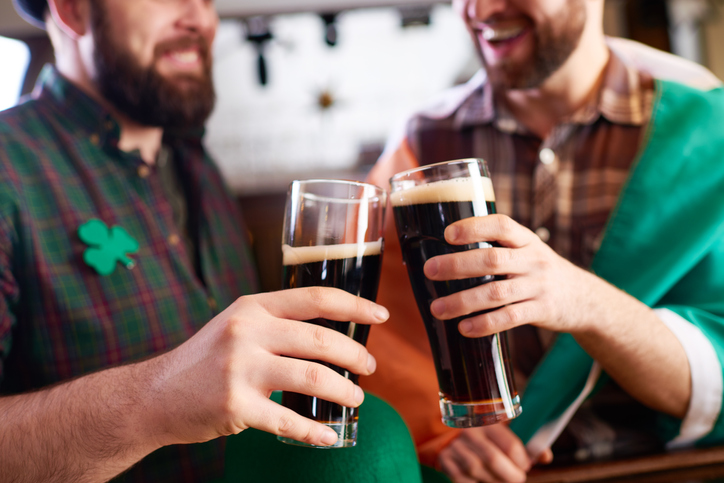
If you are facing DUI charges as a result of being stopped at a DUI checkpoint on St. Patrick’s Day or anytime, you may feel like your situation is hopeless. A DUI charge is very serious, and the consequences can reach every area of your life and haunt you for years. But you need to know that it is often possible to beat a DUI or have the charges reduced. When it comes to DUI checkpoints, there are many rules law enforcement is required to follow. If you are facing DUI charges as a result of being stopped at a DUI checkpoint, talk to an experienced DUI defense attorney today.
DUI Checkpoints – a Fine Line
DUI checkpoints, also called sobriety checkpoints or DUI roadblock, are permitted in most states, although a few states do not allow them. However, they are very controversial and strict rules have been imposed for their use. In 1990, the U.S. Supreme Court ruled that the checkpoints are permissible under the U.S. Constitution, but just barely and only because the infringement on individual rights is considered to be outweighed by the benefit to public safety.
In an attempt to protect your rights, the Supreme Court imposed requirements:
- The roadblocks must be planned, not a spontaneous event
- There must be a valid reason for conducting the checkpoint
- The time and date of each checkpoint must be announced to the public
- Officers are not allowed to choose who they stop. There must be a plan in place to prevent bias. It can be every car, or every fourth car, or any number, but it must be consistent and never left to officer discretion.
States Have Their Own Rules
States can impose their own rules which may simply mirror the rules set forth nationally or may be more restrictive. For instance, in Maryland sobriety checkpoints must meet the following requirements:
- The checkpoint must be authorized by a high-ranking law enforcement official, and planned ahead of time, not set up at random by officers whenever they choose.
- Checkpoint must be systematic, non-discriminatory and non-arbitrary. There must be a plan and set pattern outlined by officials that prevents officers from choosing who to stop.
- There must be a public safety reason for the checkpoint, such as holding it in an area that is known to have an elevated DUI crash rate.
- Public notice must be given ahead of time.
- Driver must be given the opportunity to turn around and avoid the checkpoint and cannot be stopper for doing so unless they commit a traffic infraction in the process.
To learn more about your rights if you have been stopped in a sobriety checkpoint, please search our directory for an attorney in your state.
